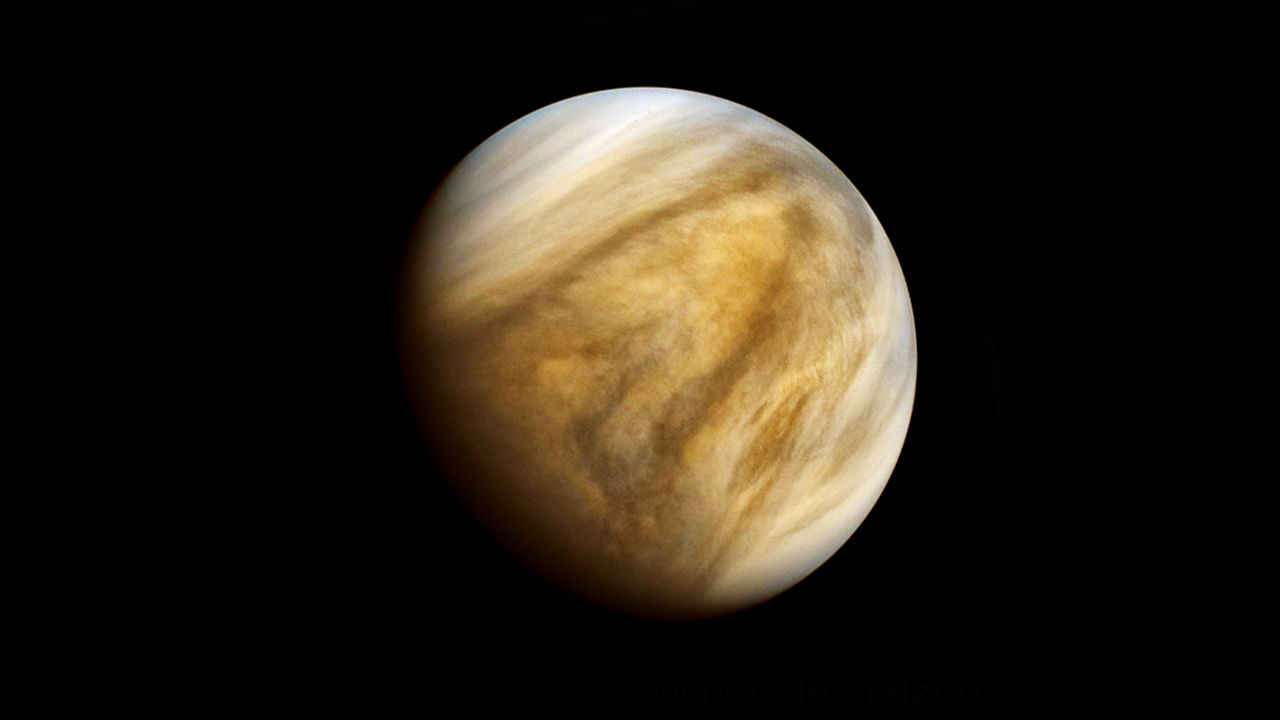HIGHLIGHTSAn international team of astronomers has found traces of phosphine on Venus' atmosphere
On Earth, phosphine is either produced industrially, or by microbes that thrive in Oxygen-free environments
As such, phosphine is known as a biosignature

#IBMCodePatterns, a developer’s best friend.
#IBMCodePatterns provide complete solutions to problems that developers face every day. They leverage multiple technologies, products, or services to solve issues across multiple industries.
Click here to know more
AdvertisementsAn international team of astronomers have found traces of a rare molecule on another planet's atmosphere that hints at the possibility of extraterrestrial life. However, the most surprising bit is that the planet isn’t located on some distant solar system, but is (relatively speaking) right next door, Venus.
The rare molecule is phosphine, which is made up of phosphorus and hydrogen atoms and is considered a biosignature. Jane Greaves of Cardiff University notes that on Earth, phosphine is either made industrially, or by microbes that thrive in Oxygen-free environments. “When we got the first hints of phosphine in Venus’s spectrum, it was a shock!”, Greaves said.
Everything you need to know about the exciting announcement that phosphine has been detected in the atmosphere of Venus. Let's start off with the 60 second overview.. #Venus #VenusNews pic.twitter.com/56dlo7puaZ
— Royal Astronomical Society (@RoyalAstroSoc) September 14, 2020
The discovery was made using the James Clerk Maxwell Telescope (JCMT) that is operated by the East Asian Observatory in Hawaii, USA. This discovery was then verified by using 45 antennas of the Atacama Large Millimetre/Submillimetre Array (ALMA) in Chile. Both these facilities observed Venus at a wavelength of about 1mm. By looking at the planet at a specific wavelength, the astronomers noted that some of it was missing and was most likely absorbed by Phosphine in the atmosphere.
The next step was to try and explain the presence of phosphine in the atmosphere of Venus. They ran calculations to see if it would be possible that the phosphine could come from a natural non-biological source such as a chemical reaction with minerals blown up from the ground, or some reaction with sunlight and the team was able to rule that out.
The team also believes that while their findings are significant, it doesn’t confirm the presence of life. Jane Greaves also notes that the clouds of Venus are highly acidic and corrosive, but there are examples of very robust life here on Earth. “Maybe the only thing to do is to send a spacecraft that can really sample and see if there are any lifeforms there,” Greaves said.
Main image credit: Wikimedia Commons










Popular Mobile Phones
View All
Digit caters to the largest community of tech buyers, users and enthusiasts in India. The all new Digit in continues the legacy of Thinkdigit.com as one of the largest portals in India committed to technology users and buyers. Digit is also one of the most trusted names when it comes to technology reviews and buying advice and is home to the Digit Test Lab, India's most proficient center for testing and reviewing technology products.

We are about leadership-the 9.9 kind! Building a leading media company out of India.And,grooming new leaders for this promising industry.
